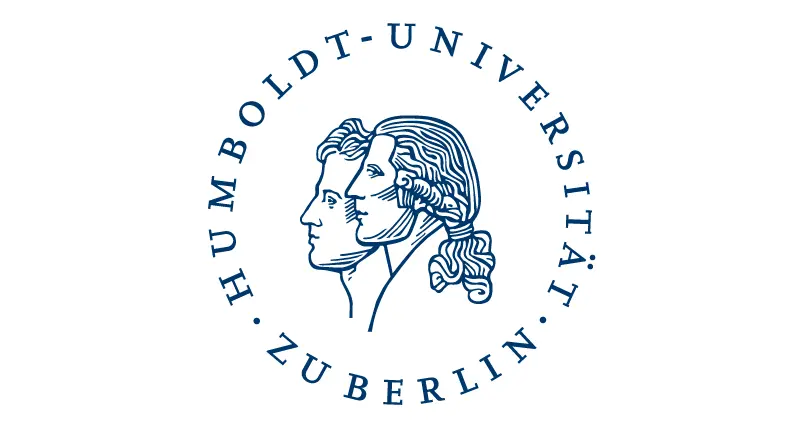Workshop: Hilbert schemes of points
Thursday, 28. September 2023 // 10.30 - 16.30
Institut für Mathematik der HU
Rudower Chaussee 25,
12489 Berlin
Johann von Neumann-Haus, Room 1.115
10:30-11:45
On the parity conjecture for Hilbert schemes of points on threefolds
Alessio Sammartano (Politecnico di Milan)
The Hilbert scheme of points in affine n-dimensional space, parametrizing zero-dimensional subschemes with a fixed degree, is a fundamental parameter space in algebraic geometry. Quot schemes are a generalization of Hilbert schemes, parametrizing finite length quotients of a locally free sheaf. We will explore some interesting phenomena and problems about these spaces that are special to the three-dimensional case, focusing in particular on the tangent space and on recent progress on the parity conjecture of Okounkov and Pandharipande. Joint work with Ritvik Ramkumar.
13:30-14:45
Limits of finite Gorenstein subschemes
Joachim Jelisiejew (Warsaw)
Finite Gorenstein subschemes in P^n are frequently better behaved than general ones, for example smoothable for n <= 3. However, being Gorenstein is not a closed property and limits of Gorenstein subschemes in the Hilbert scheme are badly behaved. I will propose another moduli space compactification of the locus of (oriented) Gorenstein subschemes and discuss its geometry and many open questions.
15:15-16:30
Hilbert schemes on affine 4-space and the geometry of the Magnificent Four
Martijn Kool (Utrecht)
Hilbert schemes of affine d-space are naturally cut out by sections of vector bundles on (smooth) non-commutative Hilbert schemes. In the special case d = 4, these vector bundles are quadratic and the sections are isotropic. Using the Oh-Thomas localization formula for Donaldson-Thomas type invariants of Calabi-Yau 4-folds, this leads to a weighted count of the torus fixed points of these Hilbert schemes. A conjectural formula for this weighted count was given in the physics literature by Nekrasov-Piazzalunga. The weights associated to the fixed points involve certain signs, which will be the focus of this lecture. Joint work with Jørgen Rennemo.
